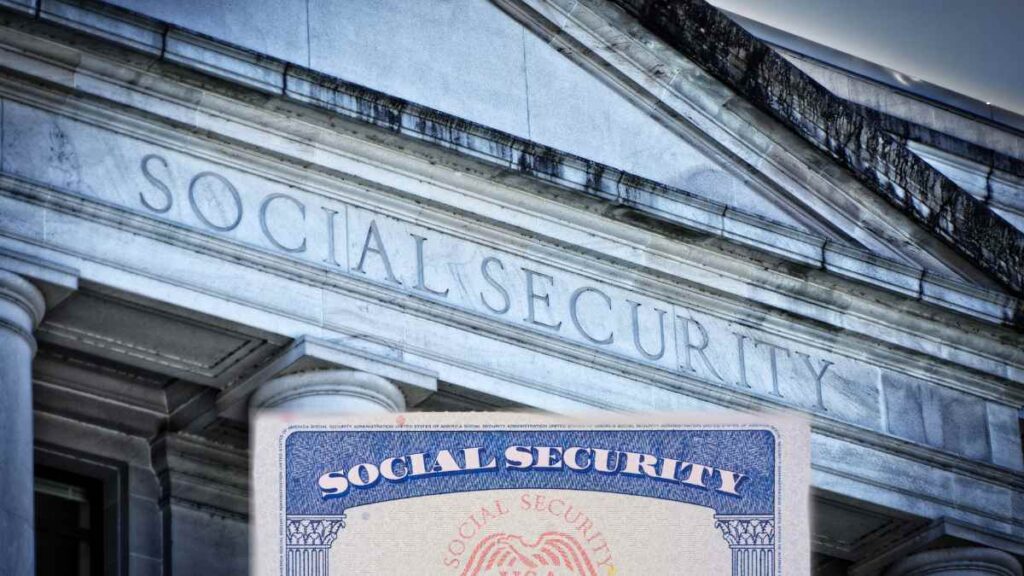In May, Social Security will pay out six times. Some will receive only one payment, while others will get two or three. But, this is not an extra or bonus payment.
If you only qualify for retirement or disability benefits on May 3, this double payment will not be for you. May 3 is your only payday if you started collecting Social Security before May 1997 and do not get SSI at the same time. If you have not already received it, you are not entitled to it.
Who will not receive a double payment in may from social security?
Social Security recipients who only receive a payment on May 8, 15, or 22 will not receive a double payment from the Administration. If you already received SSI at the same time as retirement benefits or SSDI, you should have received another check on May 1.
However, if you do not have a low income, you cannot collect Supplemental Security Income payments. Thus, all retirees or disability insurance beneficiaries whose income is higher than a low income will not get this double SSI check.
Those who get SSI but lose their eligibility due to the fact that they have higher earnings than usual will not get the double payment either. Some may also lose eligibility because they overcome a condition. Then, they will not get 2 SSI payments.
Social security scheduled 2 payments for ssi recipients in may
Social Security claims that SSI recipients will collect one SSI payment on May 1 (you should have it by now) and another one on May 31. Therefore, as long as you remain eligible, you will receive both of these payments at the beginning and by the end of May.
What is more, some of these SSI recipients are also on Social Security retirement benefits. Other SSDI recipients may also get SSI payments while they receive Disability Insurance. This is when recipients have a low income.
This will imply that some Americans on Social Security and SSI will get money on May 1, May 3, and May 31. Not surprisingly, the June 1 SSI payment will be sent one day in advance. In this way, SSA will send the direct deposit or check on a business day, not on a Saturday.
What might make a recipient lose eligibility? It is for the May double payment from Social Security.
If a recipient receives too much money, the SSA may adjust their benefits or recover debts. They do this by withholding some of future payments. This could affect the amount received in May if the SSA is recovering an overpayment.
A change in the recipient’s eligibility status could affect benefits. This might happen because of income changes. Or, it could be due to having too many resources. Or, it could be due to changes in living arrangements. If these changes cut benefits, it could stop the double payments.
Stop payments are not a loss of eligibility. But, they interrupt a beneficiary’s payment. This can happen if the SSA is searching for a payee for the beneficiary. It can also happen if they are eligible for SSI but not due a payment. This could affect the timing or amount of payments received in May.
The SSA adjusts payment dates. They do this to ensure beneficiaries do not lose money. For example, if the month’s first day falls on a weekend or a federal holiday, we make the payment on the last business day before the month’s first day. This change does not make you ineligible. But, it could make it seem like you got two payments.
What is the protocol for handling payments in the event of a recipient’s death?
If a recipient dies, their benefits will stop. The SSA may need to return any payments made after their death. This situation would prevent the deceased individual from receiving any further payments.
Notification of Death:
- When an RDFI learns of the death, it must return any future payments with codes R15 or R14. It also needs to inform the agency.
- It isn’t required to return payments already made before learning of the death.
No Holding of Payments: RDFIs shouldn’t hold payments without clear instructions. Doing so could break the rules.
Repayment by Survivors: If survivors say they repaid the benefits, the RDFI needs proof. Otherwise, it might get a Notice of Reclamation.
Handling Survivor Requests: The government doesn’t allow RDFIs to reclaim funds already withdrawn. Adjustments for unclaimed payments are made with the agency and survivors or the estate.
